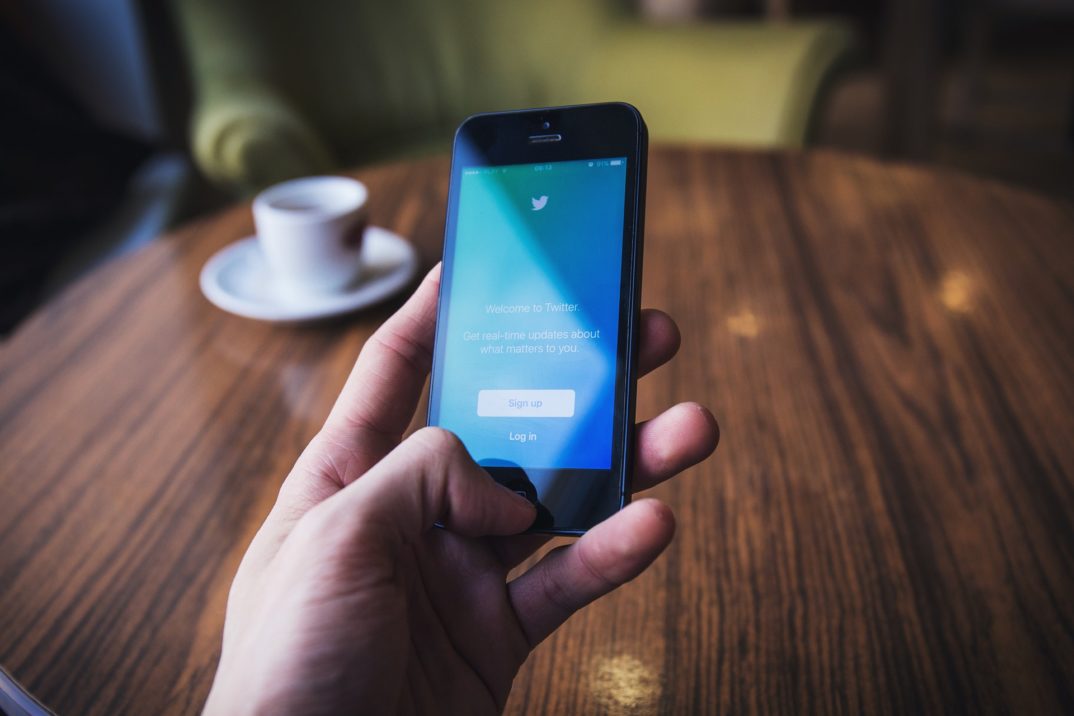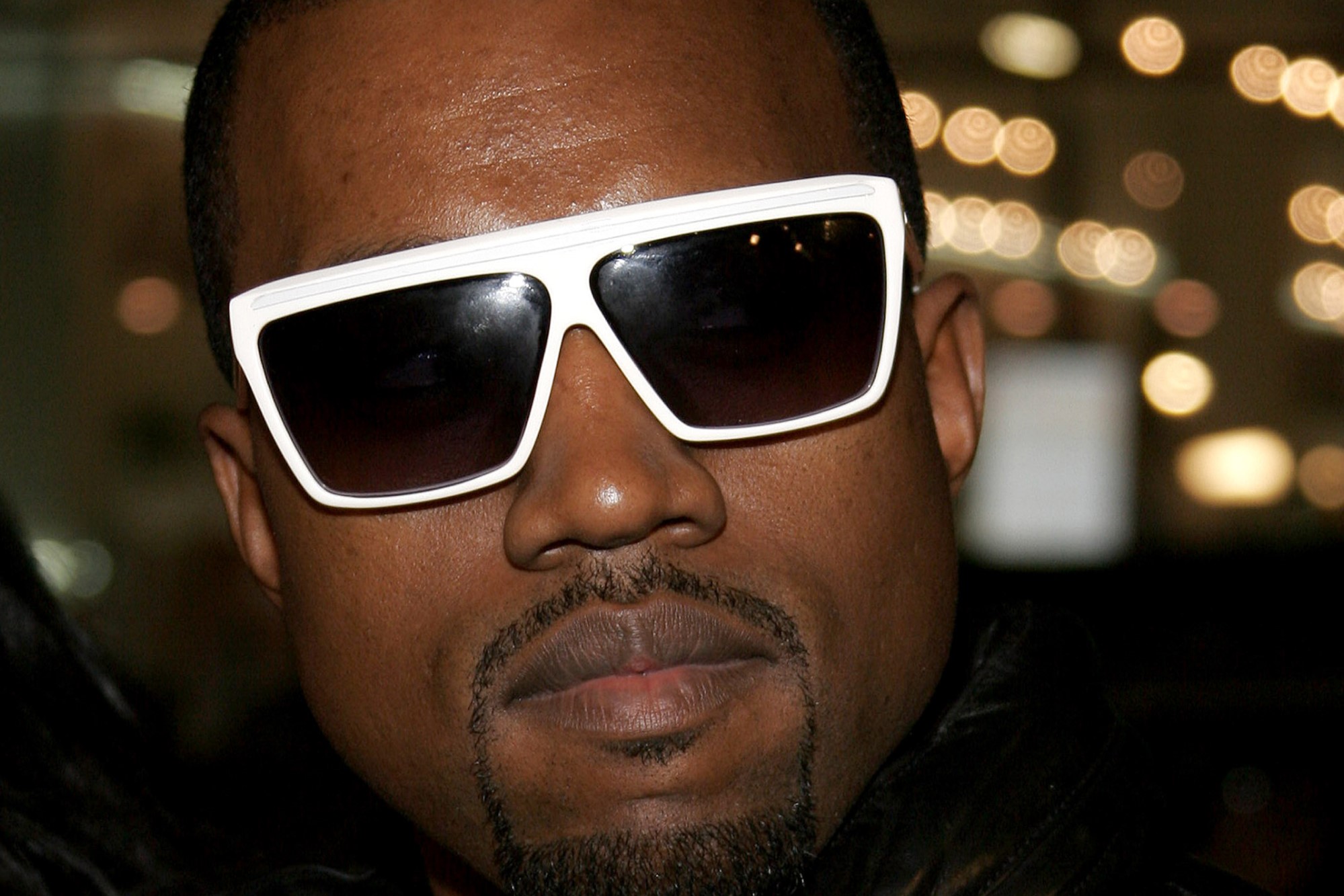The Ethics of #WomenBoycottTwitter
On October 12, when actress Rose McGowan tweeted about her sexual assault perpetrated by Harvey Weinstein, her Twitter account was shut down. McGowan’s tweets and accusations follow the accusations of several other women in Hollywood, who spoke out to various journalists.
According to Twitter, “her account was temporarily locked because one of her Tweets included a private phone number, which violates our Terms of Service.” Afterwards, the tweet was deleted, and McGowan’s account was restored.
From there, McGowan questioned why her Twitter account was deleted, when others like Donald Trump’s were allowed to remain. McGowan was speaking out against sexual assault on a public platform, and her account was disabled.
Many Twitter users were dissatisfied with the company’s explanation and called for a boycott of the platform. Specifically, users called for a boycott by exclusively women in order to show solidarity with sexual assault victims on Friday, October 13. This started the hashtag #WomenBoycottTwitter.
In addition to showing solidarity, the boycott also worked to protest the way that women are often treated unfairly online. Many women joined in on the boycott and felt it was a good way to be active and protest. Many felt that it was an effective way to make their voices heard, as well.
A day before the protest, many women tweeted an explanation of what they were doing and why. On October 12, a Massachusetts congressional candidate, Brianna Wu, tweeted “I stand with #WomenBoycottTwitter. I love this platform, but it’s time to do better. See you all in 24 hours.” Additionally, the #WomenBoycottTwitter movement was reminiscent of A Day Without Women, a day where women took off from work, if able, to show what the world would be like without the many contributions women make daily.
Both of these are peaceful forms of protest which show the large effect that women have on everyday society. Additionally, both of these protests have received extensive press attention, thus drawing more attention to gender inequality throughout the world.
However, other women felt as though the boycott was going to be ineffective, and believed that a Twitter protest was rather late. Ava DuVernay, director of Selma, tweeted, “Calling white women allies to recognize conflict of #WomenBoycottTwitter for women of color who haven’t received support on similar issues.” DuVernay’s point is a valid one. Why is this boycott happening for this specific case of sexual assault for a rich, white celebrity and not for a celebrity of color?
According to Refinery29, there have been many cases of women of color being harassed on various forms of social media, with never as large of a backlash as #WomenBoycottTwitter has generated. This is not to say that there have not been reactions on the part of social media companies, like when Milo Yiannopoulos was suspended from his Twitter account for the harassment of Ghostbusters actress, Leslie Jones. However, there were not widespread movements by the public against situations like Jones’. No one refused to use the website while Leslie Jones was being harassed.
When Jemele Hill was suspended from ESPN due to a “violation of our social media contracts,” when she tweeted about the NFL national anthem protests, there was no large reaction among Twitter users. While these situations do not mirror the situation that is occurring now, it is worth noting that when there is injustice inflicted on women of color on the internet, no one refuses to use Twitter or reacts beyond just tweeting about the situation. Because of these discrepancies, many people did not feel comfortable participating in the boycott.
Ultimately, this Twitter boycott brings up ethical issues of how and when a widespread movement to boycott a company should be expressed. Are widespread movements like this inherently non-inclusive? Most of the online movements regarding the treatment of women revolve around the way society negatively treats white women, but when a woman of color is facing injustice, online or in real life, the most people will do is comment on the situation. This poses another question: is just tweeting about the injustice as effective as protesting a complete social media website, and why does the response for women of color differ from the response for white women? Most likely, no. The two situations are different in their effects on the widespread world.
But perhaps the reason for less widespread reactions for women of color revolves around continued biases in our media representation of women, or perhaps many people view the situations with women of color as completely different. HoweWWver, it is worth remembering that for feminism to be effective and lead to the equality for women, one must remember that all women must be involved and represented in this movement or true equality will not be reached.





